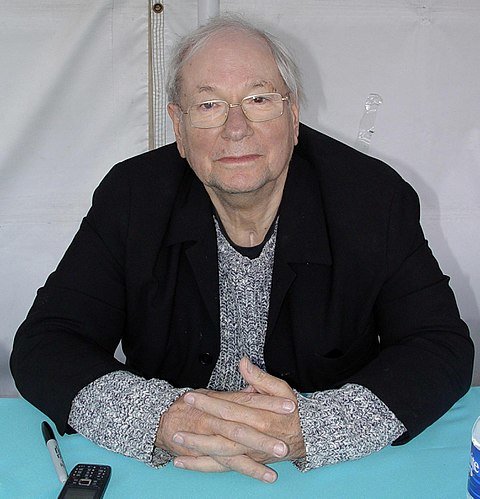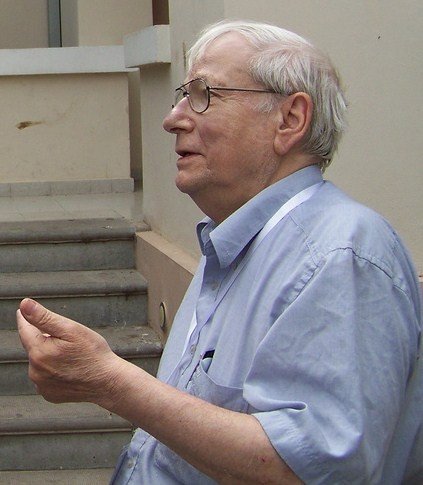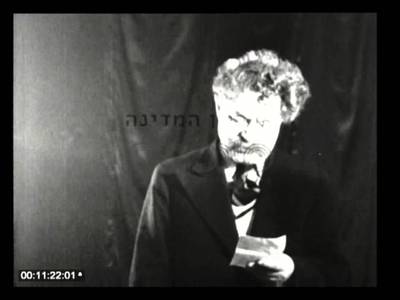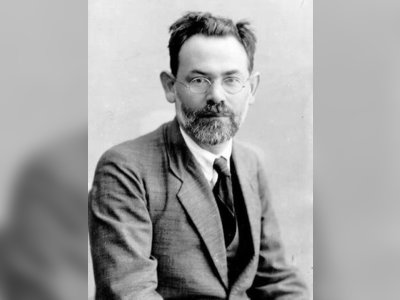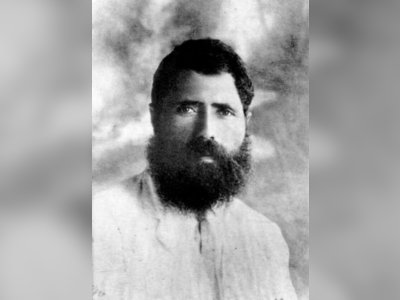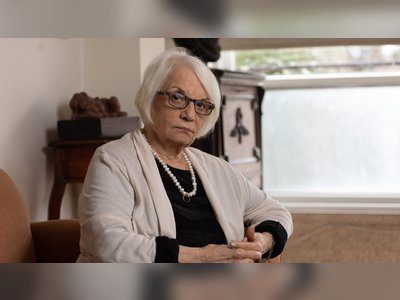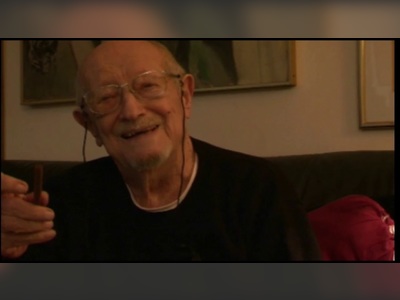Yoram Kaniuk (May 2, 1930 – June 8, 2013): An Israeli Renaissance Man
Yoram Kaniuk, born on May 2, 1930, in Tel Aviv, and passing away on June 8, 2013, was a multifaceted Israeli artist known for his contributions as a writer, painter, journalist, screenwriter, and publicist. His life journey encapsulates the vibrant history of Israel, from its pre-independence days to the modern era.
Early Years:
Yoram Kaniuk's early life was deeply intertwined with the development of Tel Aviv before the establishment of the state of Israel. His family initially resided in Kiryat Meir and later on Ben Yehuda Street. His father, Moshe Kaniuk, a native of Ternopil in Galicia, immigrated to Palestine from Berlin. Moshe served as the personal secretary to Meir Dizengoff, the first administrative director of the Tel Aviv Museum of Art from 1932 to 1948 and 1950 to 1962. Yoram attended elementary school, followed by high school.
War of Independence:
In November 1947, at the age of 17 and a half, Kaniuk left his studies at high school and joined the ranks of the Palmach, the strike force of the Haganah, the Jewish underground military organization in Mandatory Palestine. He trained with the Palyam, the naval branch of the Palmach, in Caesarea. During the War of Independence, he participated in several battles.
In the Battle of Nebi Samwil, he served as a soldier in the Fourth Battalion, "The Breachers," of the Harel Brigade under the command of Yosef Tabenkin. They were tasked with diverting the enemy's attention away from the village itself. In the area of Givat Haredim, the Palmach forces came under fire from the Arab irregulars, and the soldiers were scattered along the roadside. Kaniuk and his comrades were left behind, believing that Tabenkin had abandoned them.
Kaniuk later described this event in his story "Eagles" and in his book "Tashah." A week later, he participated in the battle for the San Simon Monastery and was wounded during the fighting on Mount Zion. After recovering from his injuries, he joined the crew of the Pan York, an immigrant ship that facilitated the illegal immigration of Holocaust survivors from Europe to Israel.
Post-War Period:
Kaniuk pursued studies in art at Bezalel Academy of Arts and Design. Encouraged by Mordechai Ardon, he continued his studies for about a year in Paris. Afterward, he spent some time as a sailor on a ship that sailed to Canada and later to New York. In the United States, he led a life filled with adventures, from participating in gold prospecting in Mexico to diamond hunting in Guatemala and visiting the casinos of Las Vegas. He mingled with the New York bohemian crowd, rubbing shoulders with figures like Charlie Parker, Marlon Brando, James Dean, and others.
For a few years, he had a romantic relationship with the dancer Lee Becker. Eventually, he decided to dedicate himself to writing. In 1958, he met Miranda, an American Christian aristocrat, and together they returned to Israel. The couple had two daughters, one of whom, Iah, published her debut novel, "Kingdom of Will," in 2017. In 1968, he met Yona Wallach, with whom he also had a romantic relationship. In 1980, after living for a decade in the Morasha neighborhood of Ramat Hasharon, he returned to live in Tel Aviv.
In 1969, Kaniuk participated in writing the screenplay for the film "Before Tomorrow" directed by Alida Geddes.
In 1981, he was placed 15th on the Ratz party's list in the elections for the Tenth Knesset. In 1996, he was placed 115th on Meretz's list in the elections for the Fourteenth Knesset.
In May 2011, Kaniuk requested a change in his religious status from "Jewish" to "without religion" in his population registry entry, following his grandson registering as such. On September 27 of the same year, the court (Deputy President, Judge Gideon Ginat, from the Tel Aviv District Court) ruled in his favor.
On June 8, 2013, Yoram Kaniuk passed away at Ichilov Hospital after a prolonged battle with cancer. He donated his body to science.
In 2021, a street in Tel Aviv was named in his honor.
Literary Contributions:
Although Kaniuk belonged to the generation of the Palmach, his literary work is closely associated with the literature of the State of Israel, which began to flourish in the 1960s. His writing style is primarily characterized by the stream of consciousness technique, often blurring the lines between reality and imagination, myth and experience. Yet, his writing often defies easy categorization, as he constantly mixes elements of philosophical discussions, biography, and autobiography.
Kaniuk's literary work can be broadly divided into three main categories: lengthy philosophical novels, novellas, and short stories, as well as biographical and autobiographical writing. However, his writing style continually challenges the distinction between reality and imagination.
His books, many of which received numerous literary awards, have been translated into twenty languages. In addition to his literary work, Kaniuk also contributed to journalism and publicistic writing.
In His Own Words:
About His Work:
Following His Passing:
Yoram Kaniuk's legacy endures not only through his literary contributions but also through the impact he had on Israeli culture and society. His unique blend of artistry and introspection continues to inspire new generations of writers and thinkers.
- יורם קניוקhe.wikipedia.org
